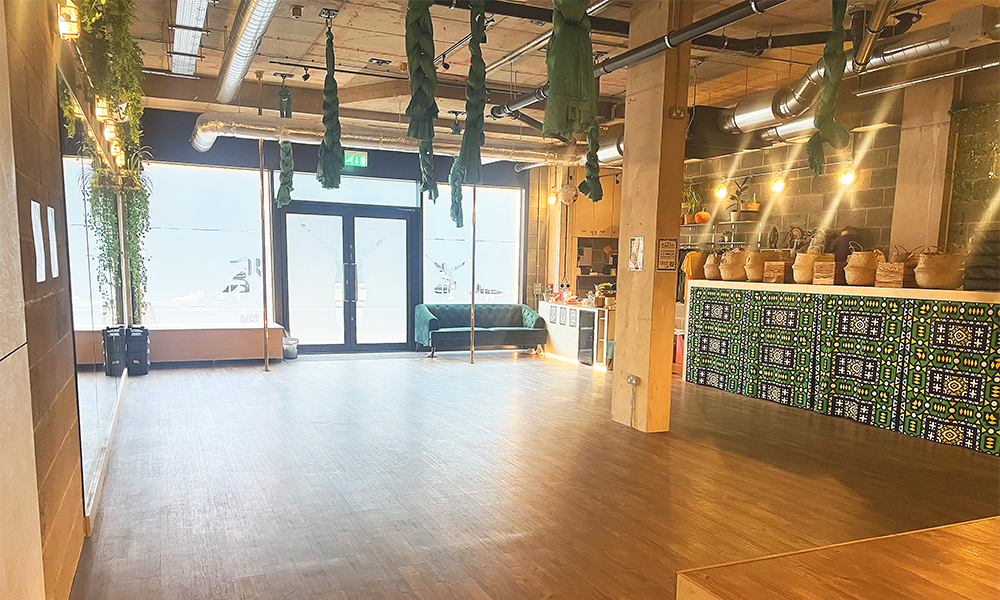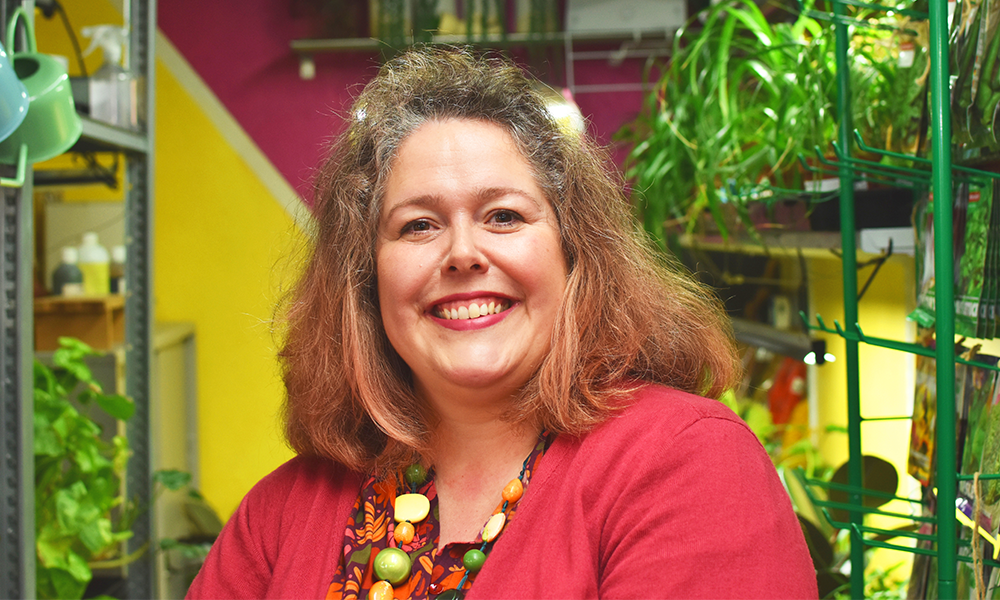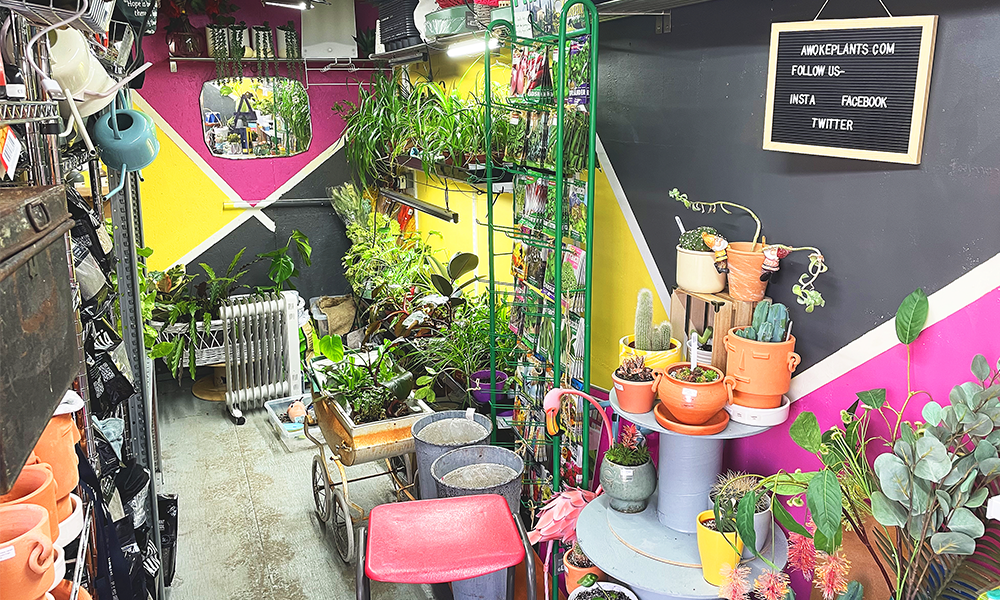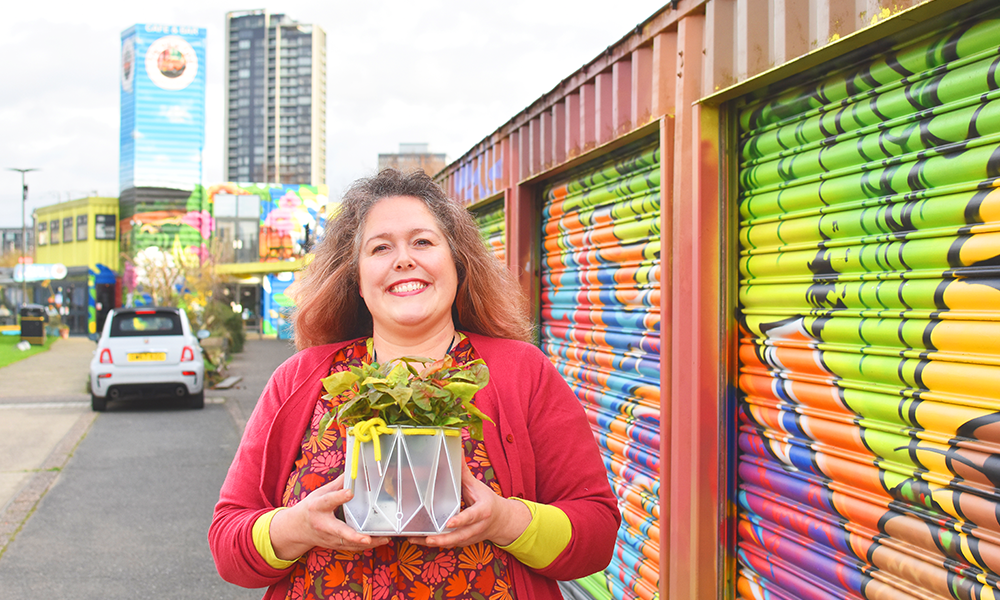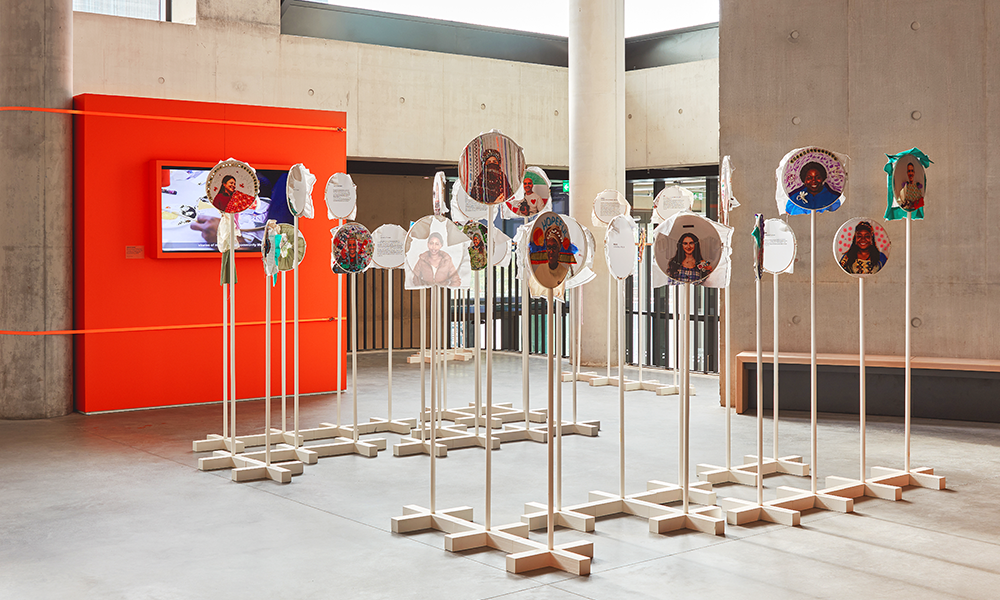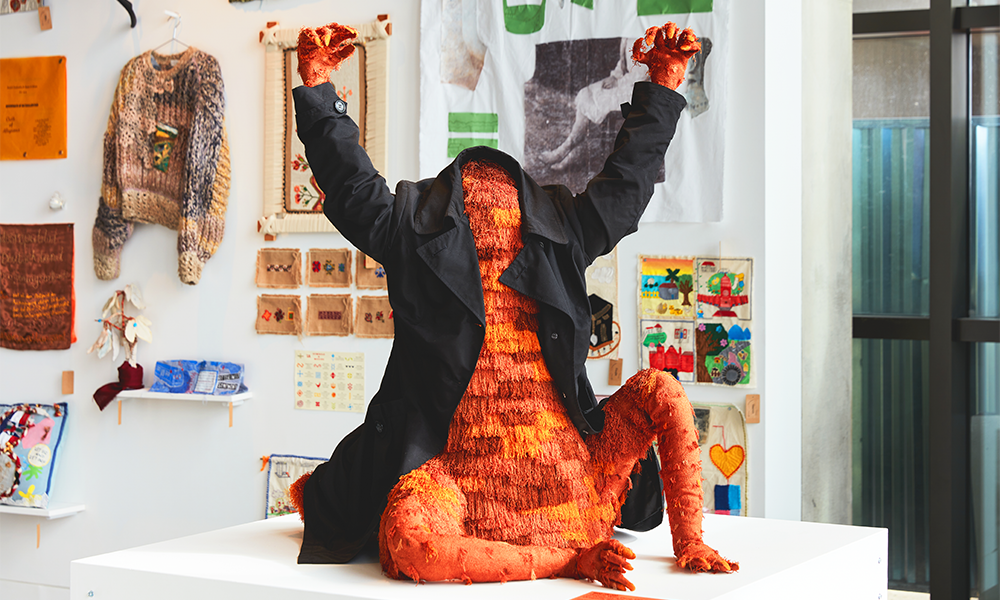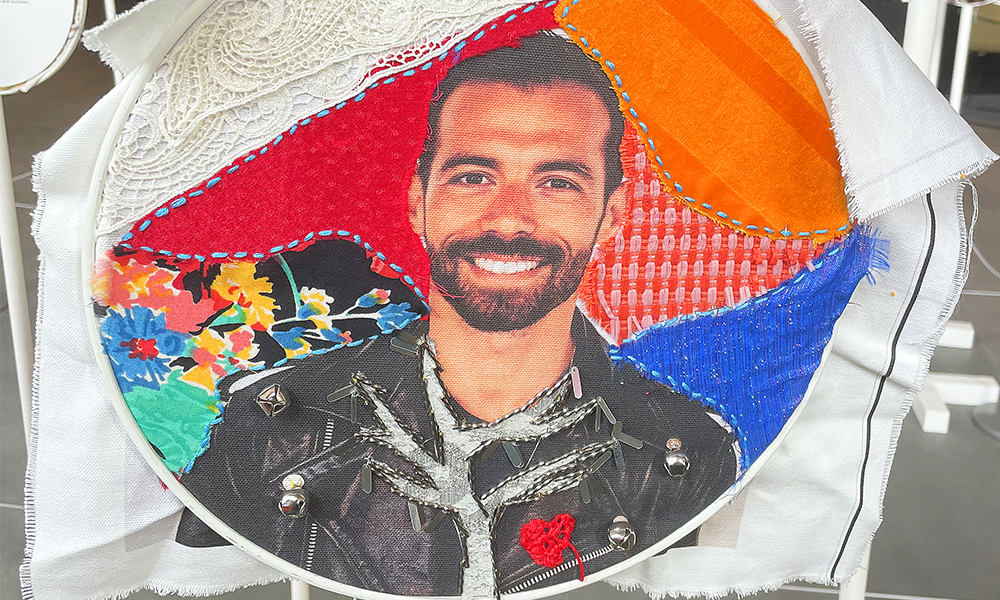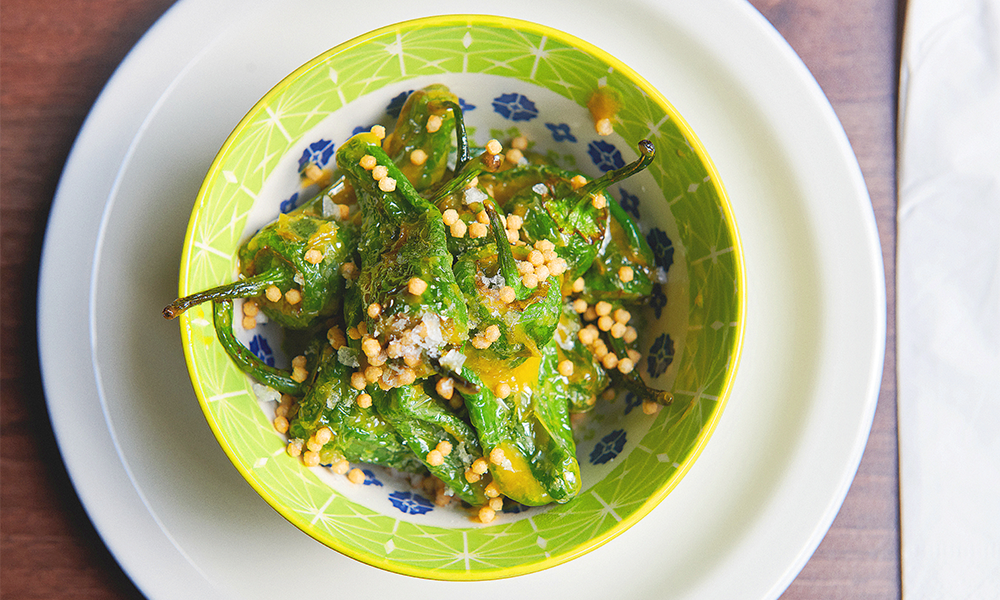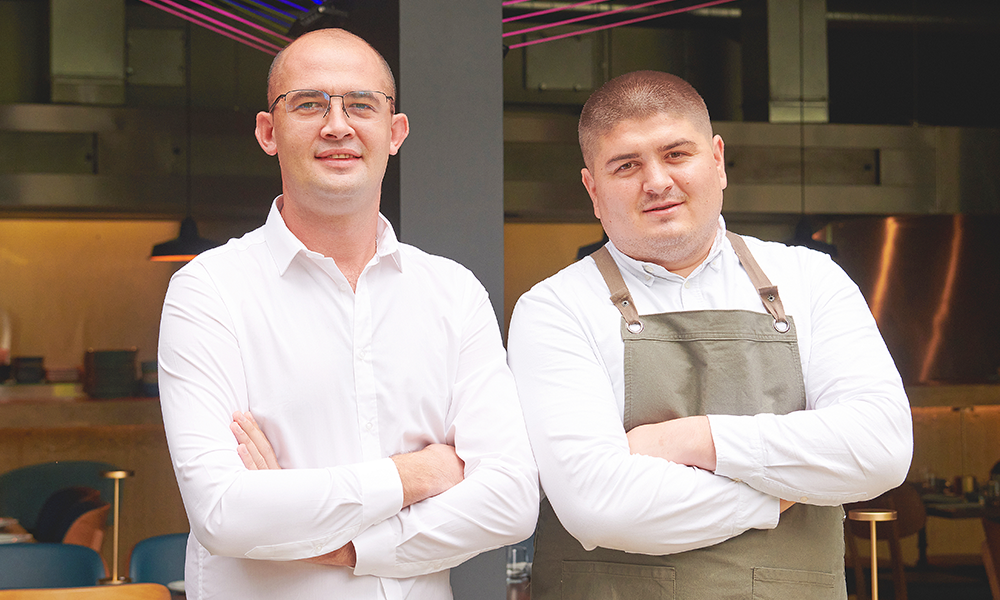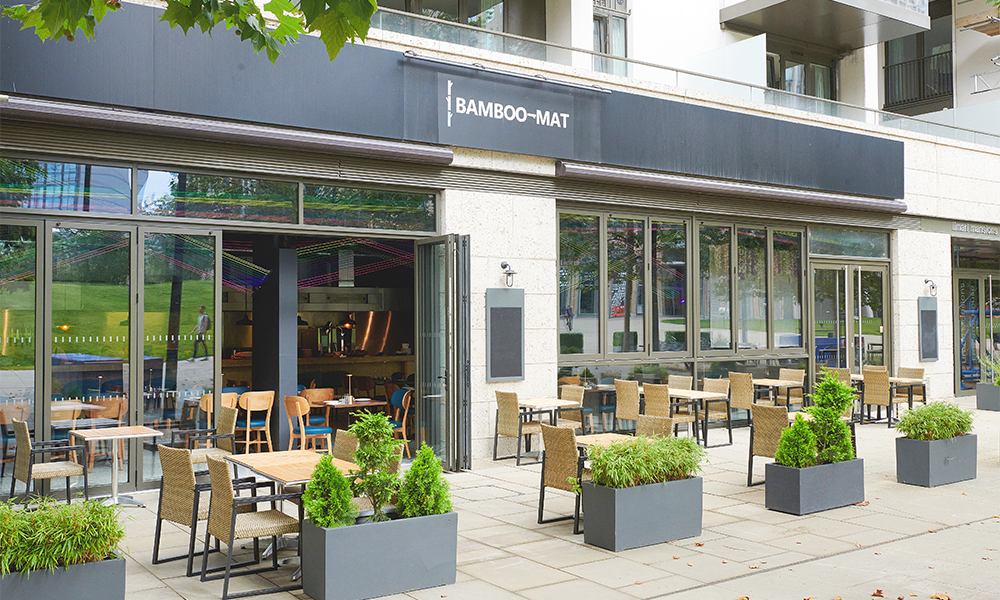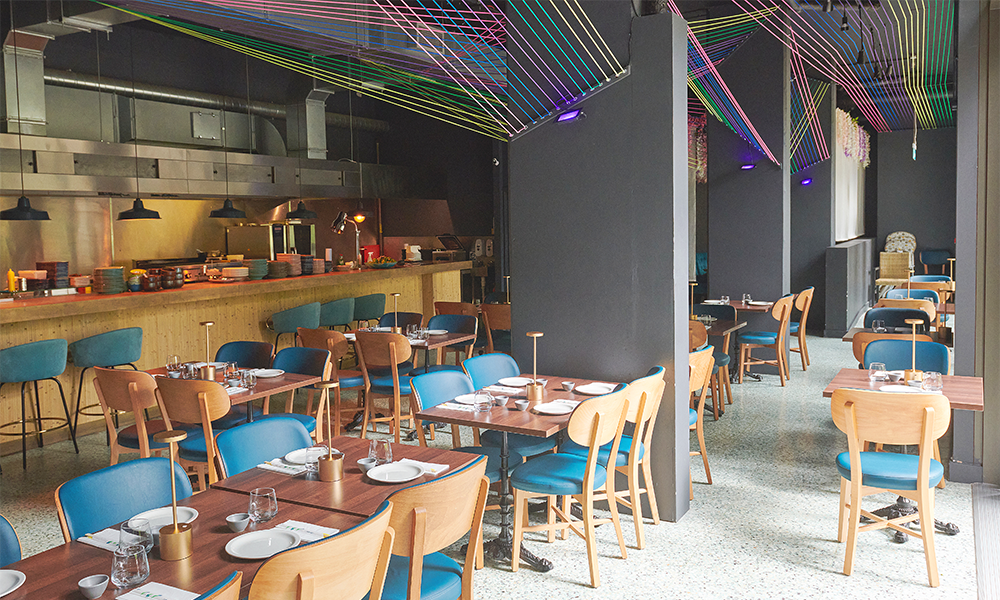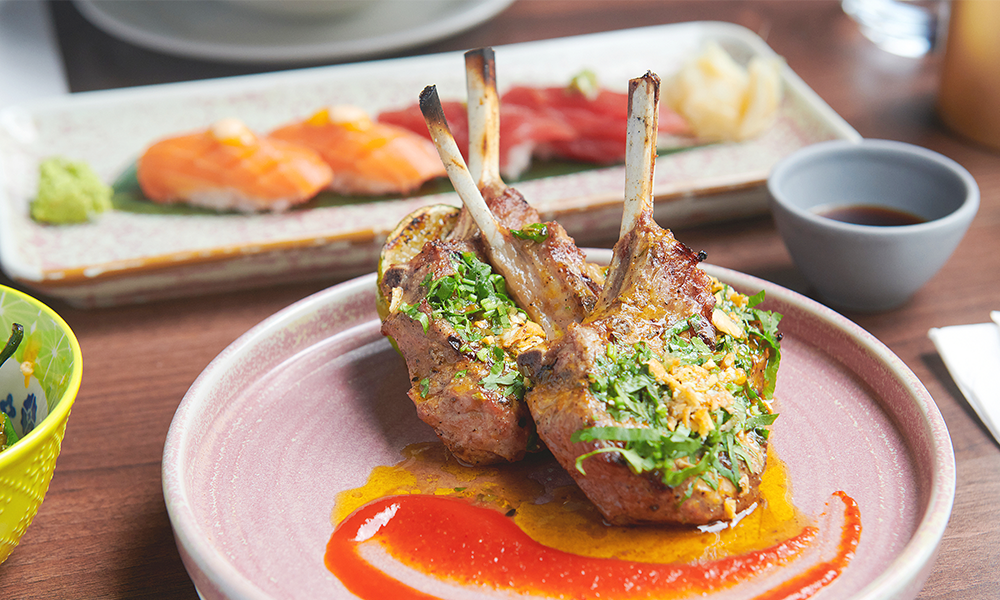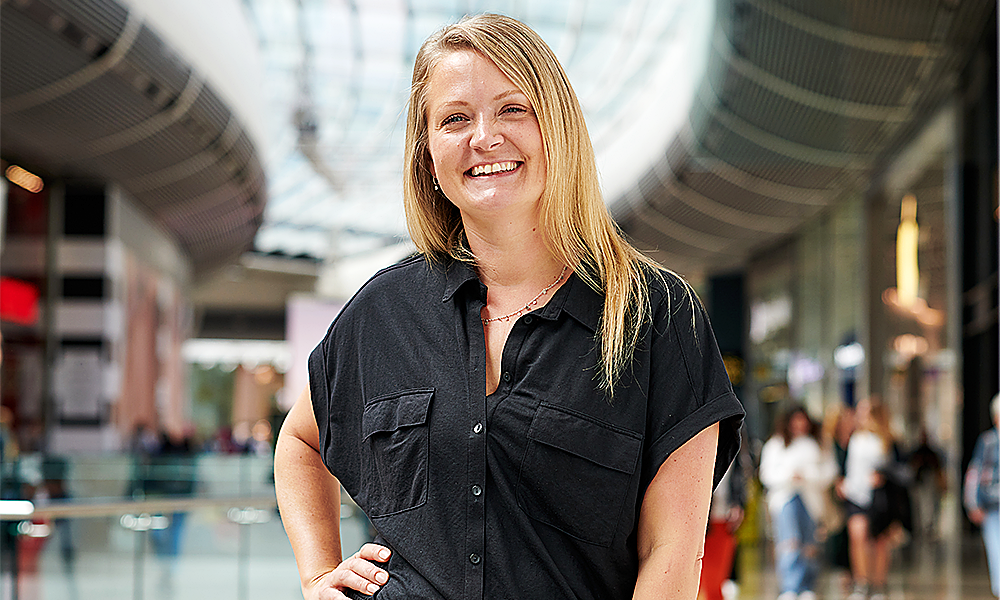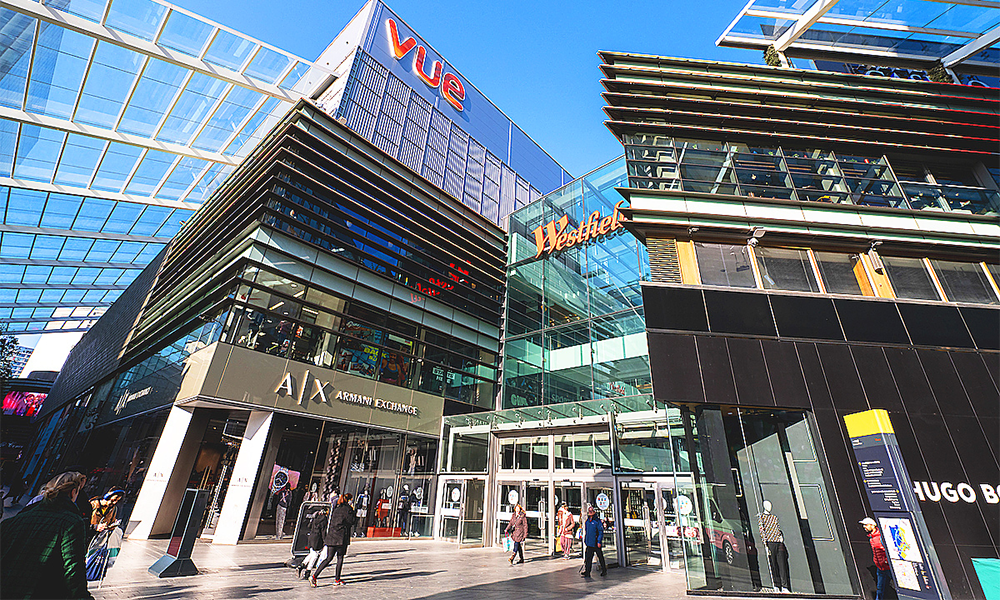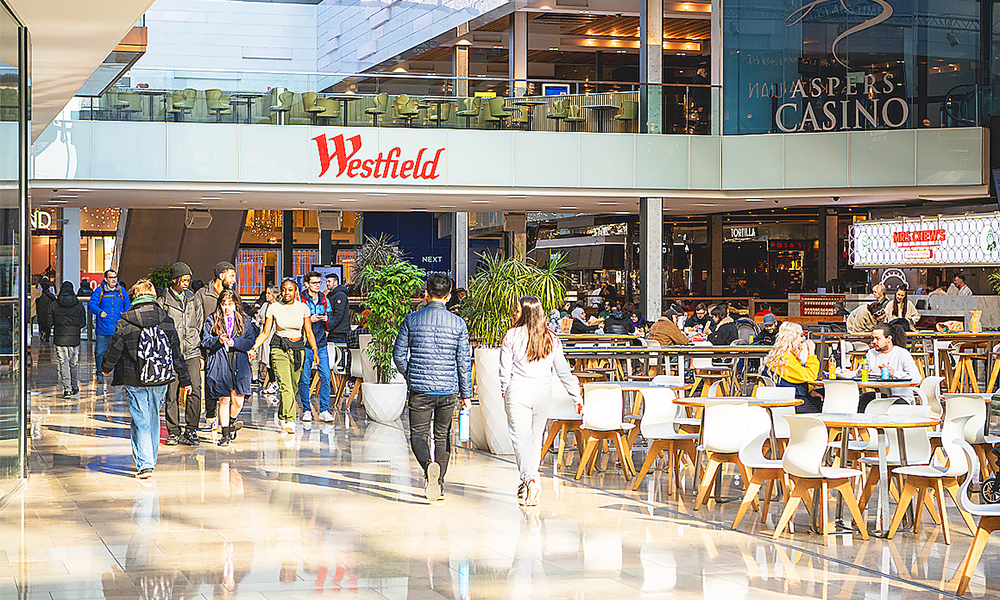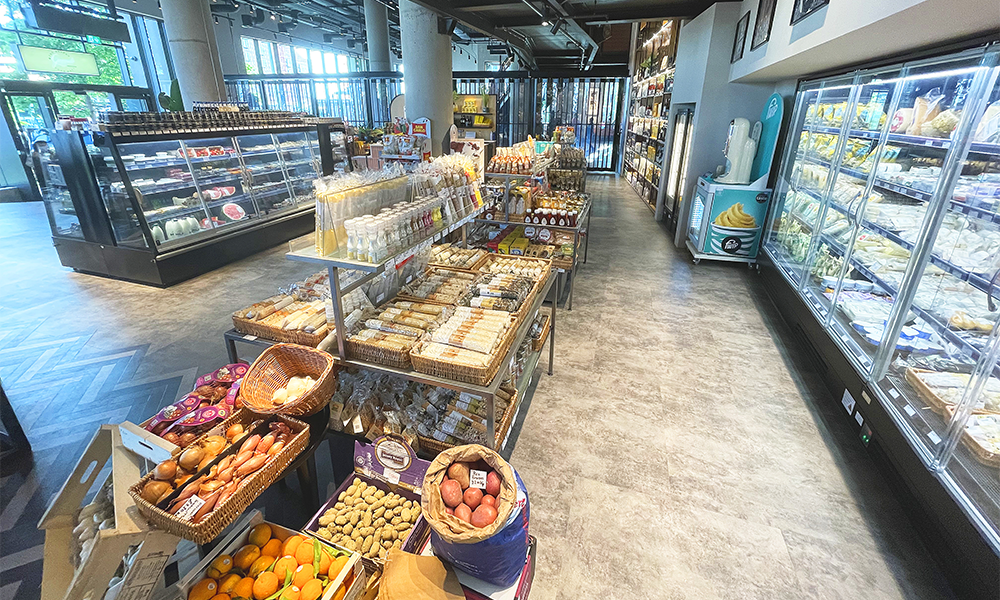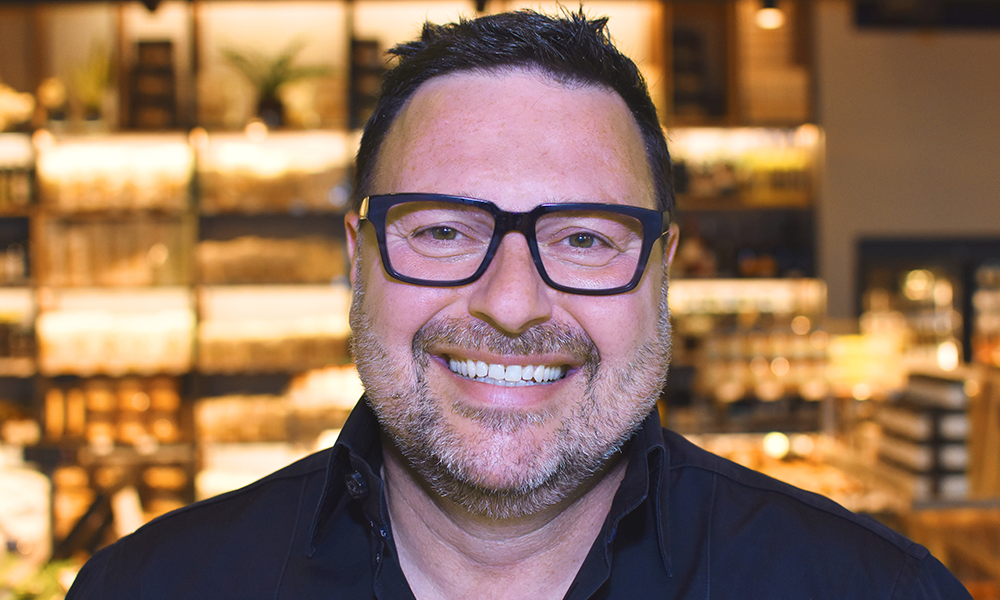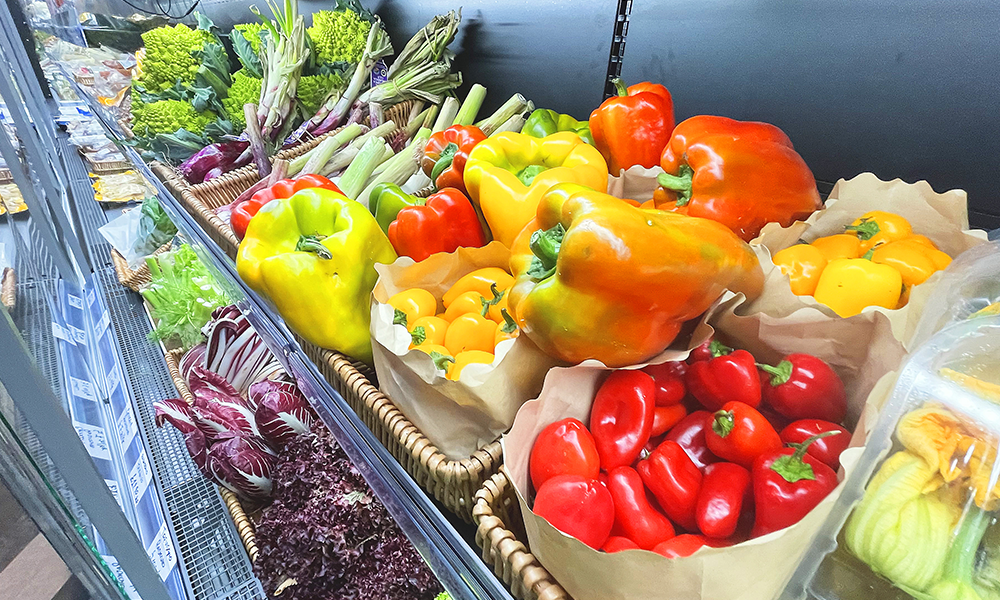How Sadler’s Wells East, London College Of Fashion, UCL East, BBC Music Studios and V&A East are coming together at the cultural hub

Subscribe to our free Wharf Whispers newsletter here
East Bank is, arguably, the final great piece in Stratford’s Olympic legacy jigsaw.
Comprising significant bases for five totemic institutions, it’s set to be fully open by the end of 2025 – 13 years after the 2012 Games put east London in the global spotlight.
Building on the successes of the Queen Elizabeth Olympic Park – including all the former sports venues and the extensive residential and commercial regeneration that has taken place locally – East Bank delivers something different for the area.
Even if just one of the London College Of Fashion, the V&A, the BBC, Sadler’s Wells and UCL had chosen to create a new base in Stratford, it would have been seen as a triumph for the architects of the Games.
That all five are committed to the project gives East Bank a kind of cultural and educational heft that hasn’t been seen in the capital for decades.
With four of the organisations sitting proudly overlooking the park on the edge of the River Lea and UCL a short walk away, the concentration of is palpably powerful.

greater than the sum: East Bank
There’s a wealth of potential for collaboration and interaction between the five, but the project isn’t leaving things to chance and happenstance.
Tamsin Ace arrived as director of East Bank in September last year – more or less at the same time the London College Of Fashion began welcoming staff, students and visitors to its new campus.
With UCL East also fully open and Sadler’s Wells East set to launch later this year, it’s her job to help maximise interaction between the organisations for the benefit of all – cementing the cultural legacy of the Games.
“My role is to support and enable all these institutions to come together and to make sure they build on each other’s ideas and resources, while also thinking about how they can connect better,” she said.
“It’s a gift, because all of these partners want to be here and to connect.
“They all want to put down roots and have a home in east London, to listen and learn from the amazing heritage and history of the creative communities that have been in this area long before East Bank was even a twinkle in London’s eye.
“To do that I have the full support of the project’s board, which is made up of the principals of the five main partners.
“I’ve got a pass to all of the buildings so I can work from any of them and also understand their programmes and the different ways they work.
“We have creative working groups to discuss opportunities and plans, so my job is to have my ear to the ground, to know what everyone’s thinking and planning.
“It’s also to be out in the community, being really visible, talking to people and hearing what their priorities are so I can help create links.”

cultural programming
Having studied drama at university, Tamsin initially headed for the classroom after realising that acting and “being a Spice Girl” weren’t really for her.
But life as a teacher wasn’t right either and she wound up working for small arts centres instead.
“I was engaging with children and young people and through that found out about this kind of role – developing ways to get different audiences involved and to unlock and learn from their creativity,” she said.
“I love it when the magic comes together and something you hadn’t thought possible is created.”
After more than a decade doing just that at the Southbank Centre – “implementing festival methodology to create the feel of a bustling port city at arts venues by programming around central themes” – and roles at the Museum Of The Home in Shoreditch and at the London College Of Fashion, she’s come to East Bank to help fulfil its 2012 legacy promise.
“All five of our institutions have got public-facing programmes and my job is to connect the dots,” she said.
“We’re all talking all the time. It’s about collaboration, sharing resources and ideas, and it’s also about embedding ourselves in the community.
“It’s also about being open with our priorities and aims, and properly connecting with people who are living and working here.
“Over the last seven years, the organisations have all been building links with key partners such as schools to build programmes that respond to the needs and values of the people locally.
“Ultimately, we want visitors, students and staff to be able to navigate East Bank’s five buildings and understand how they connect to each other.
“In 10 years’ time I would love to see large-scale programming across all of the organisations that builds on their amazing creativity and skills.”

a new hub for creativity
“I think this place can be as successful as the Southbank Centre – there will be enough for everyone here – but I think they are two very different offers,” added Tamsin.
“There’s a magic about coming to this part of the city with its busy, bustling shopping experience at Westfield and then East Bank for culture and creativity.
“I think if we get the local story right and have a programme that is relevant to the community then we’ll get the world right too.
“Tourists will come because they want to feel they are part of events that really do mean something.”
While University College London and the London College Of Fashion are up and running, something of a watershed moment is coming for the project with the opening of Sadler’s Wells East later this year.
“That will be the first of our cultural partners to have an offering as part of the night-time economy and it will be really exciting to see how the evening shows and workshops change this space,” said Tamsin.
“Sadler’s Wells has also got its hip-hop academy opening, so we’ll have 16 to 19-year-olds learning and practising on-site.
“The building has been designed with an outside and inside feel, so we’re hoping people will get the idea of dance tumbling out into the public realm and people will come to see the next generation of dancers performing or warming up.
“I’m really excited about this summer because this is the time we’re really starting to build that excitement and buzz – that East Bank is a place you can come and bump into amazing art and ideas.
“It’s a bit of a taster of what’s to come as we build and grow towards total opening by the end of 2025.
“It’s exhilarating and I can’t wait to see how it feels when all five organisations are open.
“You might be walking from UCL over to the Stratford waterfront and know you’ve got a BBC orchestra rehearsing in one of the studios, a big exhibition at V&A East, dancers performing on the community dance floor outside Sadler’s Wells East and a fashion show being cooked up at the London College Of Fashion.
“I want everyone who comes here to feel that same sense of excitement and pride we all felt around the 2012 Games themselves.”

coming up at East Bank
This summer is when things really start to happen at East Bank in 2024.
Activities kick off with the Great Get Together on June 15 – a free community event at the Queen Elizabeth Olympic Park with activities spanning music, dance, arts, sports and, naturally food.
Then, there’s the UCL Festival Of Engineering on July 15, a celebration of 150 years of advancements in technology, problem solving and creating things.
July will also see London College Of Fashion students present their work, with an exhibition at the East Bank campus, while V&A East will unveil its Made In East London commission – artworks that will be displayed on its exterior.
August is all about the hip hop, with breaking sessions at Sadler’s Wells East scheduled for 3, 5-8 and 9-10.
Then, September 7 sees the Greenwich + Docklands International Festival pitch up at neighbouring Stratford Cross with its Dancing City programme.
Find our more about the campus here
Read more: How Third Space has expanded its offering at Canary Wharf
Read Wharf Life’s e-edition here
Subscribe to our free Wharf Whispers newsletter here
- Jon Massey is co-founder and editorial director of Wharf Life and writes about a wide range of subjects in Canary Wharf, Docklands and east London - contact via jon.massey@wharf-life.com
















